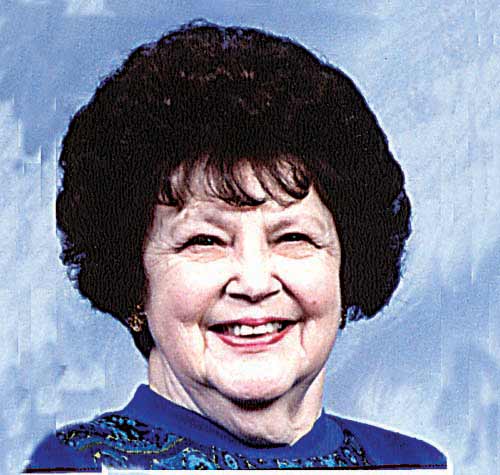By Doris Schroeder
He was five years old when they arrived in America on the old freighter ship named Teutonia. He did his best to do what was expected of him since he was the oldest of the remaining two boys. His father Abraham, a bearded man of strong religious beliefs, set great store in that children should be seen but not heard, at least not too much. He had been named Gerhard at birth in Russia, but once they came to the new land of America, his name was changed to George.
George, being the oldest of the children in the Kroeker family, had already gone through several hardships in their family travels. His father and mother, Abraham and Maria, had decided to sell all their belongings in their temporary home in Russia and come to America where it looked like they would be given the freedom to worship God as they firmly believed.
George had grown used to taking the lead among his four brothers, which were now down to three, someone had to, and since he was the oldest, he didn’t mind. Of course, it was hard when his year old brother Peter died along the way as well as the birth of little Klaus on the train from Russia to Germany, and his demise five days later. Still, little 5-year-old George had stood firm, clenching his jaw and his fists, and teaching his brothers to do the same.
Once their family arrived in Hutchinson, Kansas, had chosen the land they wanted to buy from the railroad, George took to the task of helping his brothers naturally. In fact, his Kroeker trait of wrinkling his twinkling eyes as he thought things through was something of an endearment. No one, of course, would have dared told him that!
His father had much to do…build their sod house, purchase some cows and chickens, get some of their Red Turkey wheat they had brought from Russia, planted and growing, and worshipping God in the way they had been taught and wanted to do. This was the main reason for pulling up stakes.
In a few years George patiently sat through the new church planning sessions as well as he could. When his father was voted as the first minister of the Zoar Church, he waited to see what that would entail. It turned out that meant his father had to preach every Sunday and of course, that meant more would be required of George with the chores. He didn’t mind, however, he knew he could do it! In his thinking, however, he was always devising ways to make it easier. It didn’t even occur to him to complain.
As he grew older, his father also took the train to Hooker, Oklahoma, to give evangelistic meetings to people living there. Of course, George helped with the chores at home as his mother certainly couldn’t do it all!
Growing up in America was both a treat and a challenge. His father’s health began to fail, however, and this, of course, put even more responsibility on George, the oldest son and he tried to do the very best he could. He attended school and helped with all the farming chores.
When George was 22 years old, he met his bride, Agnes Rempel, also a descendent from Russia, and on April 24, 1891, they were married. In 1899, his father Abraham died and his was the very first grave planted in the old Zoar Church graveyard.
By then George was used to taking charge. In the next years they welcomed their son Abe, George, Mary and my dad, Edward, into the family. Then came John, Martha, Esther and Herbert.
In 1906 they bought and moved to a 160 acre farm located about three miles from Buhler. America’s free enterprise kept my grandfather busy organizing the farm, starting businesses in Buhler and keeping his five sons busy. In between, he even moved his large family to California for four years and bought a grape ranch and raised grapes. But Kansas called him back with his family of ten.
He started a hardware store in Buhler and put his eldest son Abe in charge. My grandfather George organized the Farmer’s Elevator in 1906. He hired PT. Nickel to run the office. Their motto was “a square deal for everybody!” To make business better he got the railroad to bring in a box car in which to load the wheat.
He also started an ice plant and produce business around Buhler, and later a telephone service. This he sold in 1913 with a total of 60 Buhler customers. Since he was so busy with his business ventures, his older sons did a lot of the farming with horses in the meantime. My father Edward couldn’t even finish high school until his early twenties because of helping out on the farm. He got his college in bits and piece
My grandparents enjoyed having their oldest son Abe and his wife Agatha live on a farm across the field from them. They also welcomed their first grandchild Mary into the world.
One bright October morning, on August 4, 1918, however, they received a phone call that Abe had died a tragic death and they once more had to get over one of their hardest heartbreaks of life, losing a first-born . My father Edward had to go through the same thing when my older sister was killed.
True to God’s planning, however, life in America continued on…they did not let their freedom to grieve deter them from their footsteps to freedom.
I will always be grateful my grandfather George taught his son Edward about the one true God so he could help me to understand the most important thing of living in this world…to accept and make God the center of my life.
Doris welcomes your comments and can be reached at dorisschroeder@att.



